The new King Seiko KS1969 Series, Reviving the Vintage King Seiko 45KCM
Seiko revives a classic design of 1969, the King Seiko 45KCM, with a new series of elegant shaped watches.
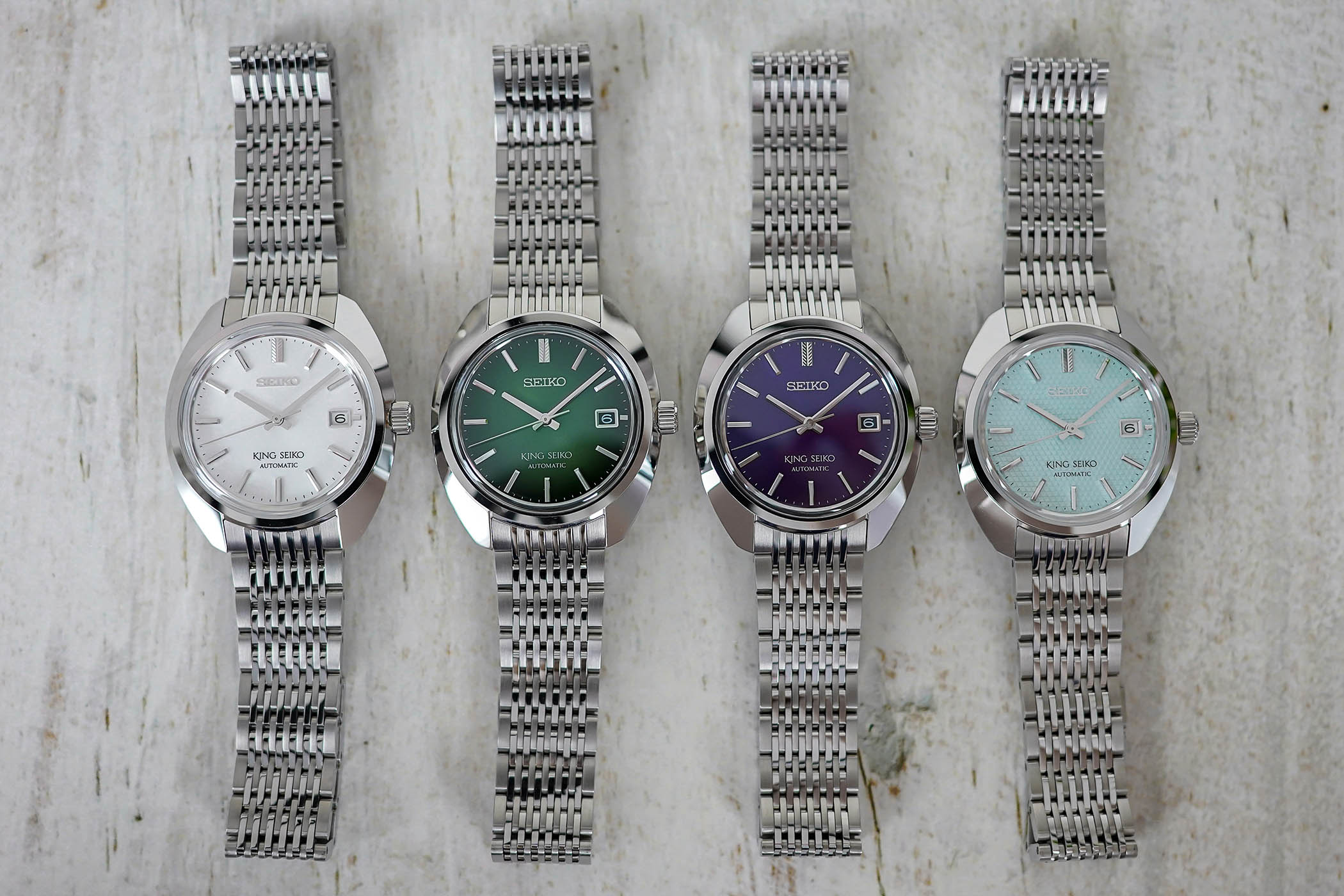
A name with great importance for the Japanese watchmaker, King Seiko was created in 1960 alongside Grand Seiko as the result of a competition to create the best, most accurate watch the Seikosha brand could manufacture. The internal rivalry will be beneficial to GS, while KS would fall into oblivion a few years later. In late 2020, however, Seiko decided to bring back the King Seiko name by introducing this faithful re-edition of the praised 1965 KSK. Up until now, all modern King Seiko watches have been based (more or less) on this specific design. Now, it’s time for another celebrated vintage shape to come back, as the King Seiko KS1969 Series (SJE109-SJE111-SJE113-SJE115) revives the King Seiko 45KCM.

While we’ve explored already the history of King Seiko here and shared some thoughts about its comeback, it must be said that the King Seiko sub-brand gave birth back in the 1960s to more than one design. If the KSK is the most famous of them all, the Daini Seikosha factory created other important designs and watches, such as the King Seiko 45KCM from 1969. Characterized by its original tonneau shape with strong facets on the side, this watch was powered by a hand-wound chronometer-certified hi-beat Calibre 45. As part of the strategy to revive past designs, the Japanese watchmaker now relies on the original design of the King Seiko 45-8010 to create a new, elegant King Seiko collection.
Dubbed the King Seiko KS1969 Series, this new collection retains the characteristically curved silhouette of the past model but reinterprets it with elegance, refinement and thinness. The blade-like profile, combined with a restraint 9.9mm thickness, gives this collection an undeniable dressy touch. While measuring 39.4mm in diameter, the strong shoulders and the curved barrel shape of the case give this watch a strong presence on the wrist, as well as a distinctive character. Highly polished surfaces are found all around, reinforcing its elegant vocation, and the box-shaped sapphire crystal adds a cool retro touch.
In continuity with the vintage inspiration, the watches from this King Seiko KS1969 Series are all worn on a multi-link stainless steel bracelet, with brushed and polished surfaces, and closed by a concealed triple folding clasp. Together with its sophisticated look, it’s mostly its flexibility that pleases, making this watch a joy to wear. Seiko claims a low centre of gravity too, ensuring additional comfort.
While all dials of this new series share the same hardware – faceted and polished hour markers and hands, framed date window and an original double marker at 12 with a pattern that “evokes the feather fletching of an arrow” – the collection is released in 4 different colours, and with several textures. The most classic of them all, the SJE109, features a lightly brushed silvery-white dial. The SJE111 and SJE113 are respectively toned in Edo Purple and Gradient Green, over a lightly textured surface that reminds of washi paper. Finally, the SJE115 (limited edition) comes in an original light blue-green colour with its own texture, inspired by the scales of a rising dragon.
Like all previous high-end KS revivals, the new King Seiko KS1969 Series is powered by the slimline Calibre 6L35, an in-house movement to compete with the ETA 2892 (same casing dimensions). This fine movement beats at 4Hz and stores 45h of power reserve, and its slim profile benefits the overall elegance of this collection. While the minimum claimed accuracy (-10 to +15 sec/day) is on the pessimistic side, I’d still think that a KS watch, even modern, would be even more relevant with chronometric precision.
Available from July 2024 at Seiko Boutiques and select retailers worldwide, the King Seiko KS1969 Series SJE109, SJE111 and SJE113 will be part of the permanent collection, while the light blue SJE115 is a limited edition of 700 pieces. All are priced at EUR 3,200. For more details, please visit seikowatches.com.


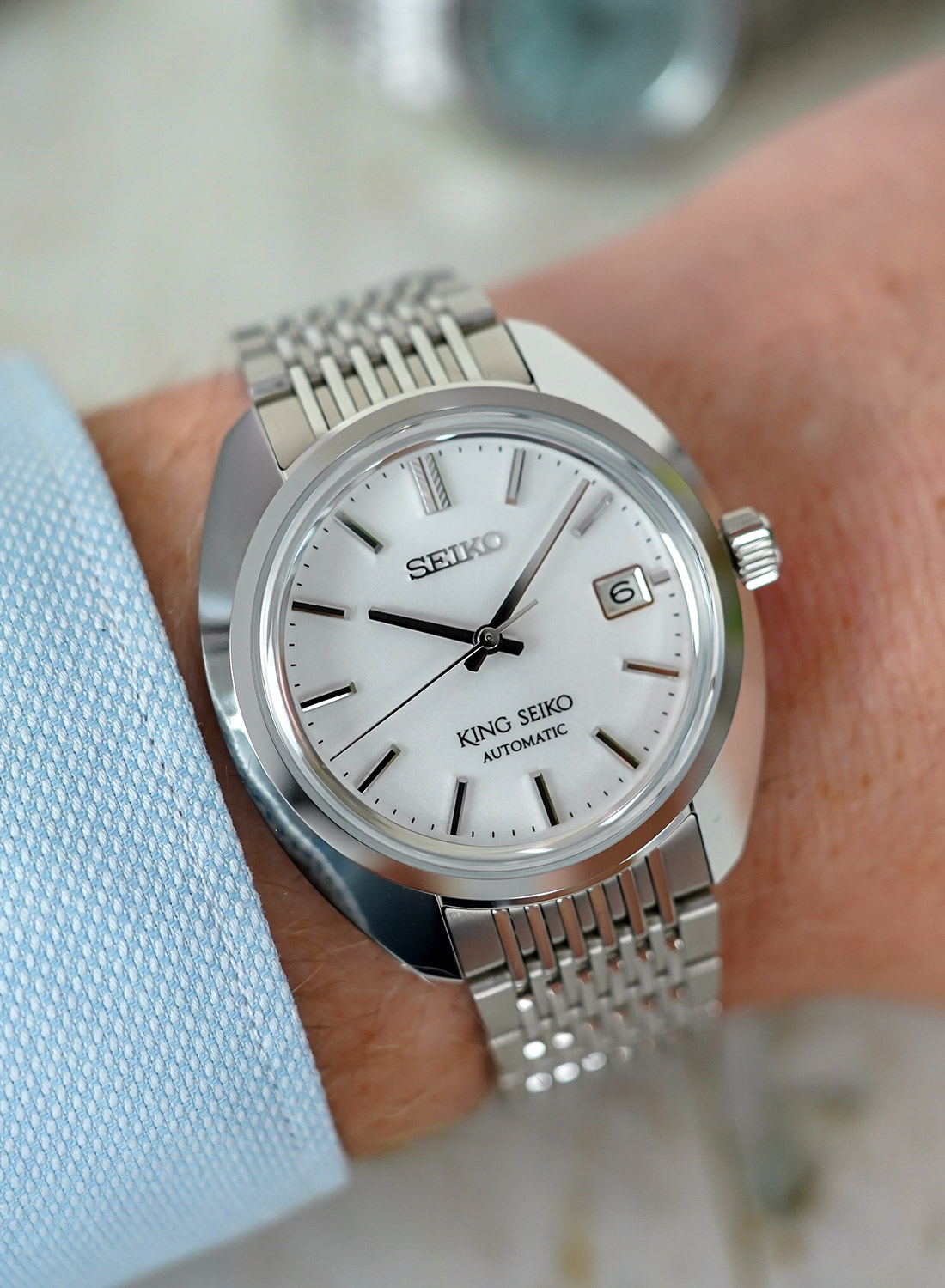
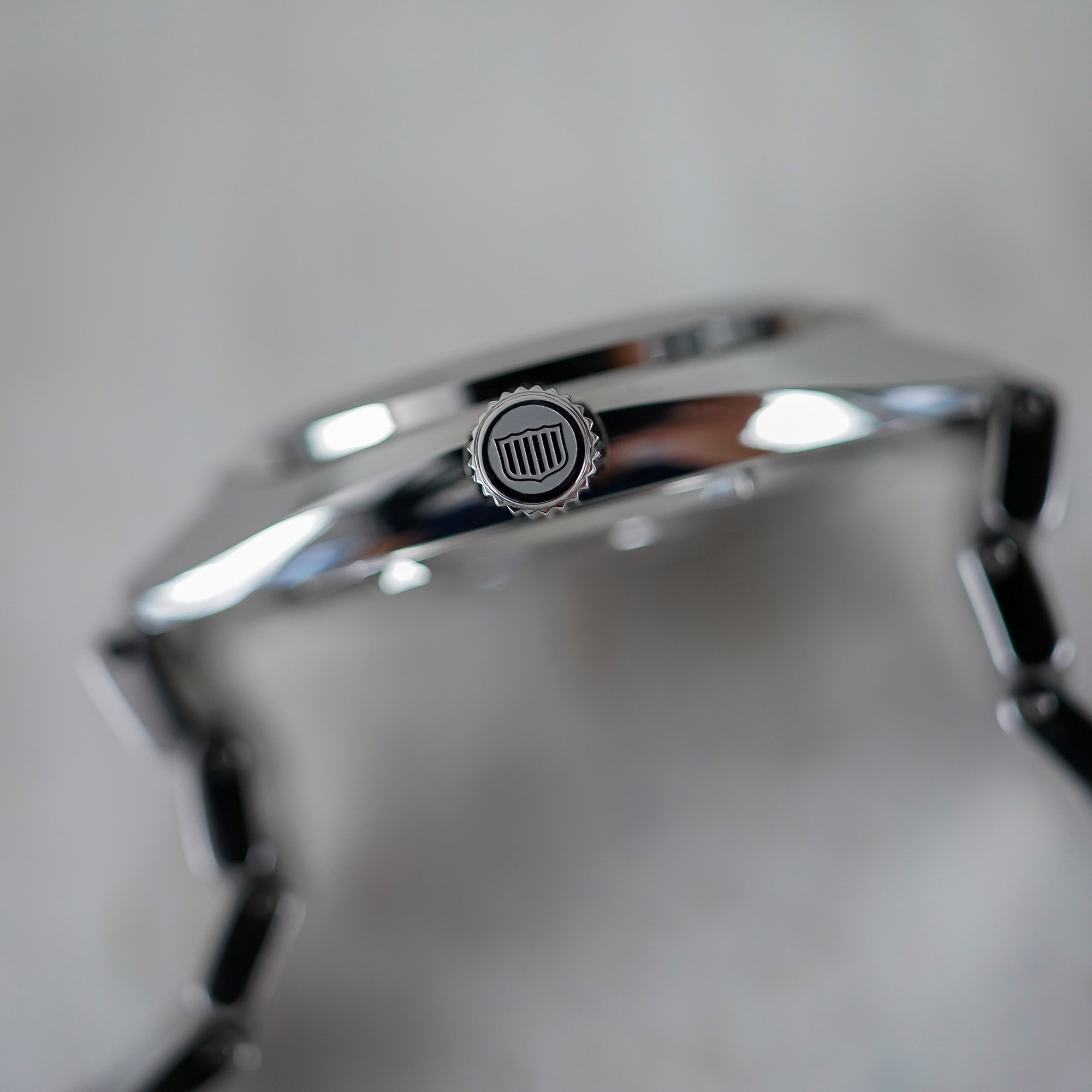
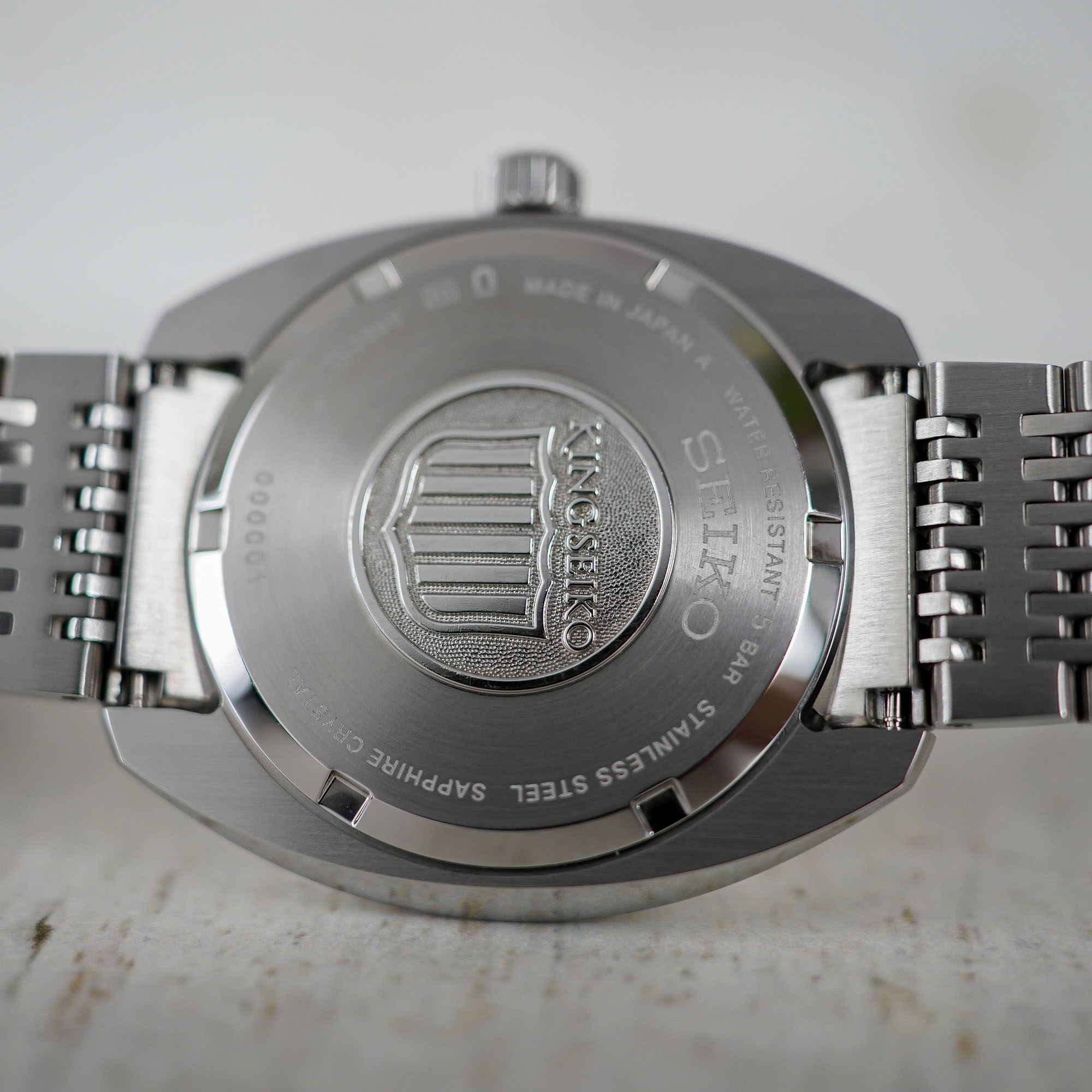

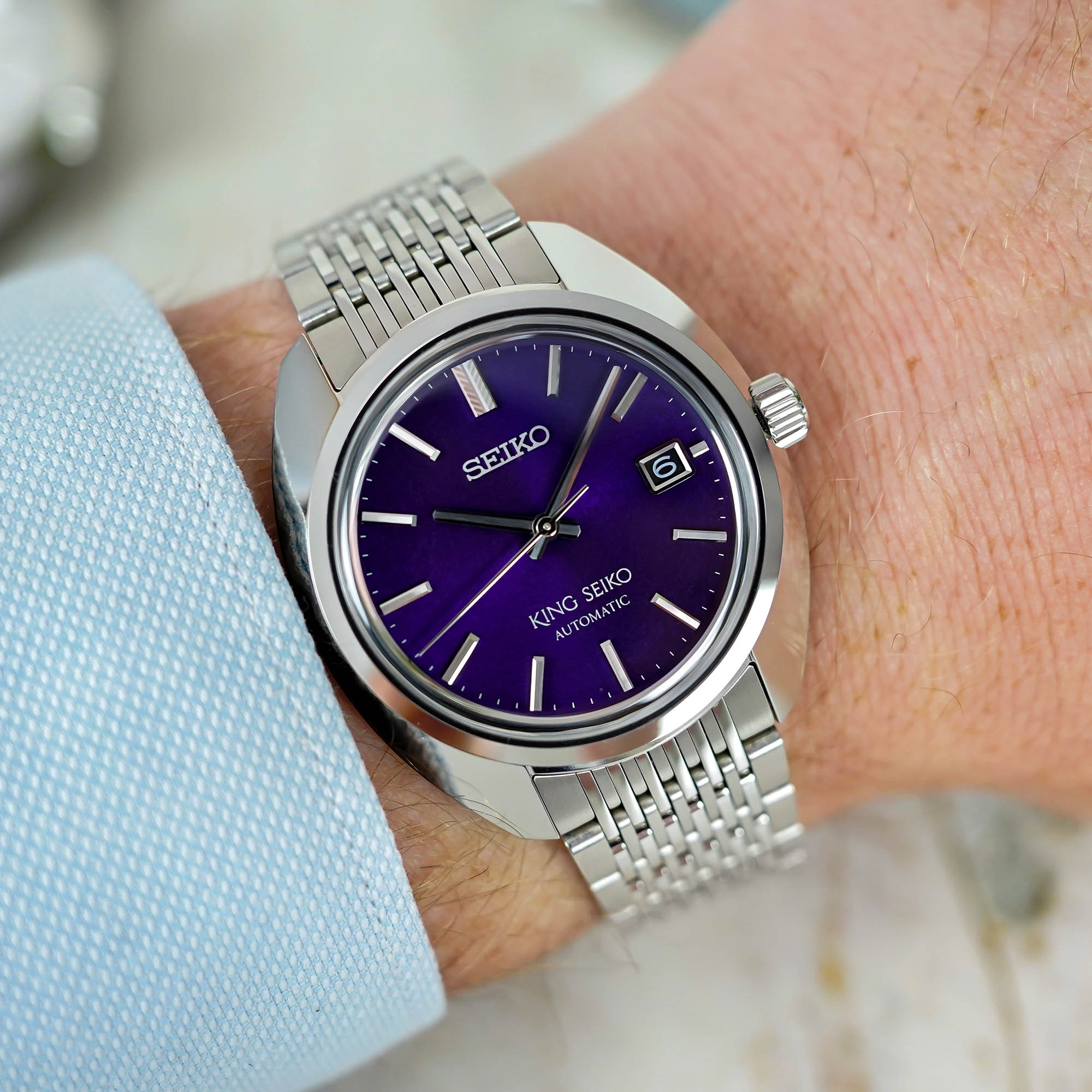
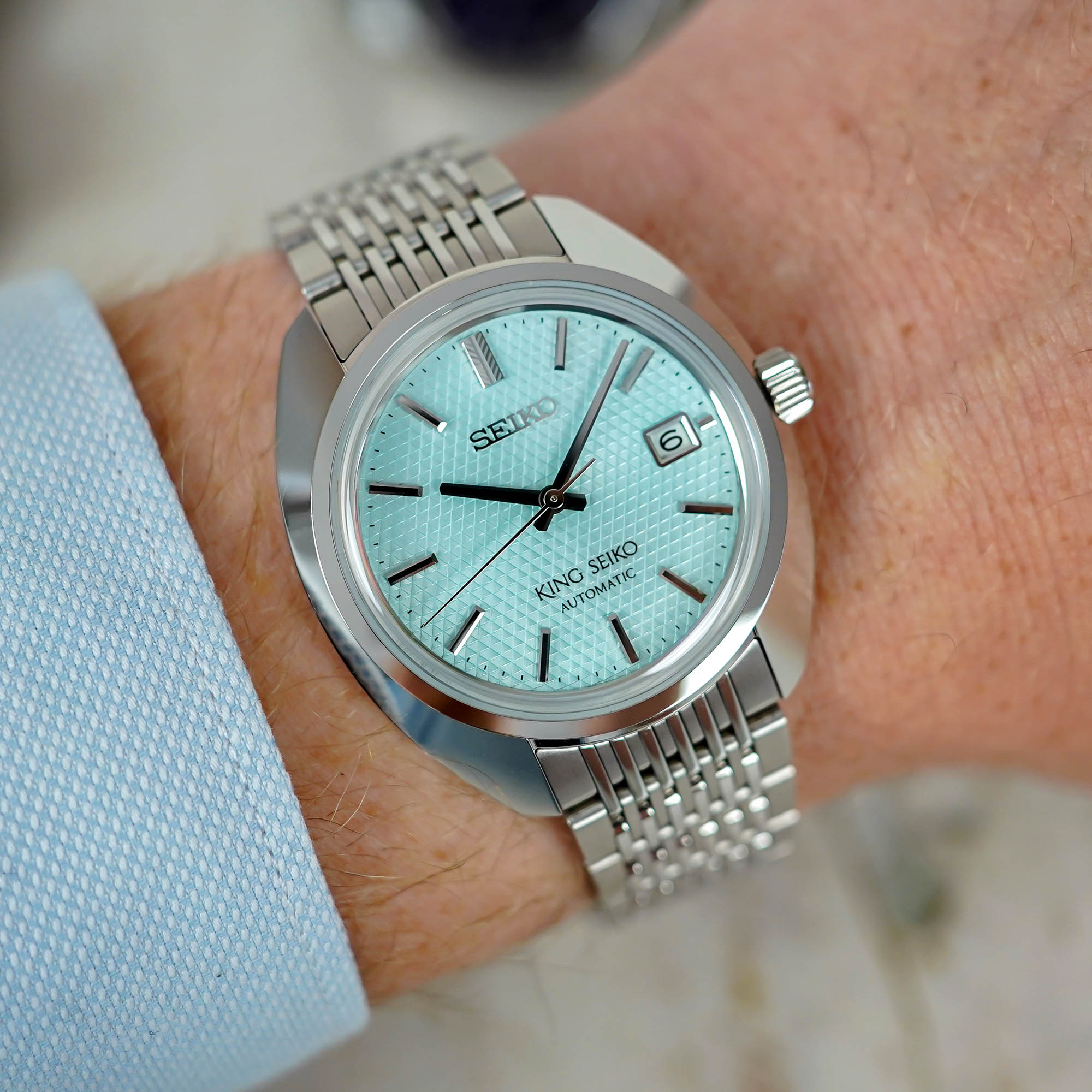


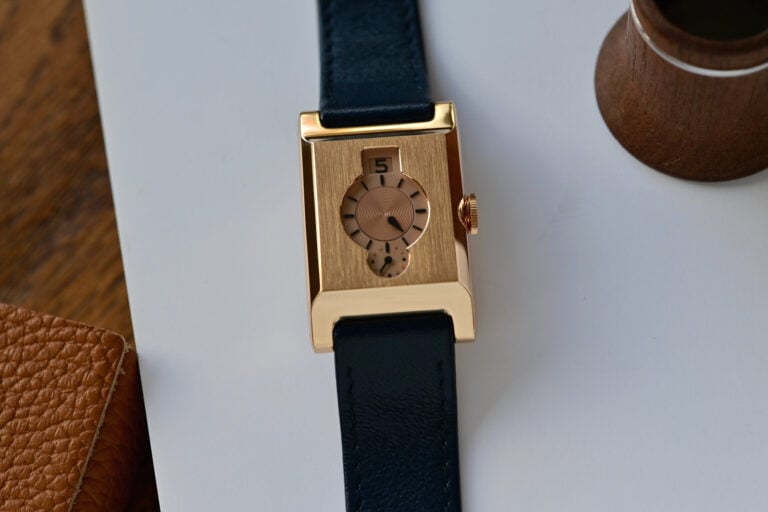
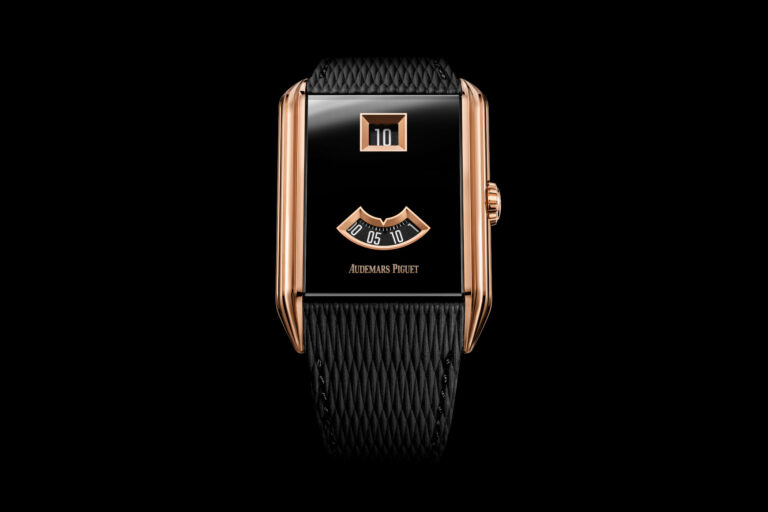
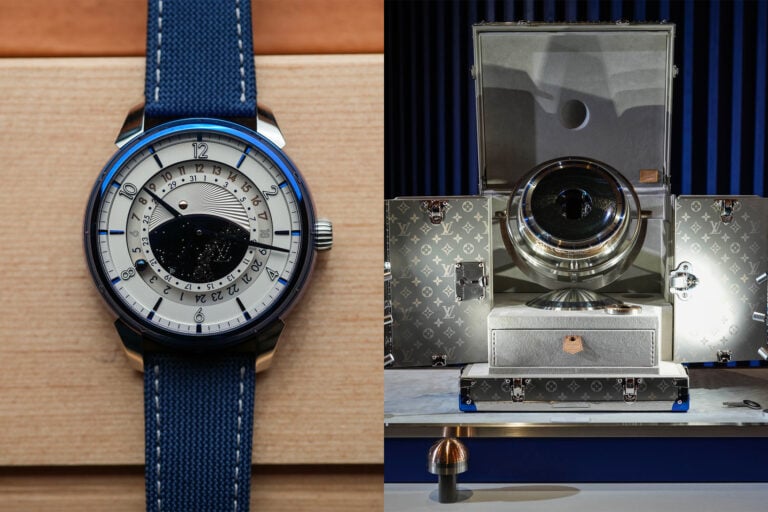
7 responses
It looks like it is a faithful interpretation of the original version for twice its common sense price. We need to know if the lug to lug is over 45mm (Doxa 300 is about 44.5mm) So many dial colors means….Seiko is after our money!
At this price point one would expect a hi-beat caliber …
Good to see the 6L35 caliber more often. I wonder how good it performs in real life, the -10 +15 sec. tolerance seems a bit high for a watch in almost Grand Seiko territory.
From reviews the finishing on the King Seiko seems to be very good, so would be cool to see them in real life, but they seem to be harder to get than Grand Seiko ?.
The whole King Seiko collection is beautiful in my opinion. I think watch design and car design had it’s peak in de 50’s and 60’s. Back then even normal cars like de Fiat Nuova 500 were beautiful.
I don’t think a contemporary SUV will look good in 20 years or so, to be honest I think they are ugly right now and that wont change. No wonder modern cars need a facelift every 3 years ?.
The vintage one is better in every way. What especially ruins this is the “King Seiko Automatic” type. One of the best design elements in the vintage models is the original “GS”, “KS”, and “LM” signature, plus “High-beat”
And the movement? They’ve been making hi-beat movements for 50+ years, how is it they couldn’t manage to put one into these—especially for that price? Seems like it’s purely positioning to keep from cannibalizing Grand Seiko sales.
This could have been great.
More comments: Honestly, I think the 60s recreation justifies getting one of them, even the previous line (more squared lines) is great looking. If nostalgia is the key factor, then I will forget the price tag. Problem with Hi Beat is that the movement wears down much faster. Besides, if we cannot see the movement, there is no point in buying a 36000 beats one. Also, 45 hours as a power reserve is a great asset because the movement does not overwork (up to 70 hours in our night stand). Finally, 43.6 mm for a lug to lug distance is a blessing for my small hands.
I own the first KSK reissue SJE083 and it is one of my favorite watches. The movement is very nice with no wobble and very stable -2 second per day performance regardless of position or charge level. It’s also a real looker.
I wear mine on a Volmer Milanese mesh bracelet.
To be honest, hi-beat movements are more problematic than anything. They do wear down faster and they are more expensive to service. And compared to the 8L/6L high end movements, the accuracy in multiple positions and ease of regulation is about the same. So why not use a more modern movement that is easier to service that is just as accurate? And you’d be hard pressed to see the sweeping seconds difference between hi-beat and 6L. It’s nowhere near like comparing to spring drive.
To me, these latest releases are a fantastic addition to the high end King Seiko lineup and in my opinion, is an excellent way to revive this segment! The size of the case, especially the thinness afforded by the 6L movement, makes this a clear winner….and yes, for the price too!